Attention deficit: Mindfulness habits to heal attention
I had a professor in my graduate education who always said to us, “be prepared”. He said it so often in fact, that I don’t know if I ever really heard him. However, I think now that it’s likely one of the very best pieces of advice I have ever had the privilege of hearing. "Being prepared" for life and its challenges is really a fairly simple thing, we just have to keep our instrument tuned up our mind, body, and spirit. It is simple, but it is not necessarily easy. Preparation takes practice, commitment, and discipline. Sort of like clean teeth, if you want clean teeth, you brush and floss every day, not just right before your dentist appointment or whenever you have a toothache. Nope, you brush now, you prepare now, a little bit, every day.
Being prepared for life is the same thing. You never know when you’ll be hit with a crisis, a major decision, or a serious conversation. But I'm certain that you will want to have every bit of your brain power, wisdom, and emotional equilibrium in check - accessible for use.
How can you “be prepared” for what life will serve up? It takes daily attention, and it takes practice. When we routinely pay attention to ourselves, our patterns, our pitfalls and our abilities, we are better suited to withstand the storms when they come rolling in. When we aren’t taking good care of our mental and emotional health, the storms crash down much harder, much, much harder, because we aren’t prepared.
A few tips to tune up your emotional and mental instrument:
1. Exercise, a recent study out of Duke Universitycited as regular exercise as more effective at alleviating depression than some antidepressant medications.
2. Journal, begin to record your thoughts and emotions, your daily life, you will begin to see patterns and get to know how you’re moving through the world- essentially become more conscious of relationship patterns, mistakes or coping mechanisms that you regularly use (the good and the ugly). Plus it’s also a great way to purge what is rumbling around in your mind.
3. Take inventory of your day. What were you most grateful for today? What would you like to have handled differently? You can also begin to record these things in your journal. It's also a great practice to share with a loved one.
4. Take a time out each day either in the morning or at lunch, or even in the heat of an argument and breathe.Especially elongate the outbreath. This alleviates a bit of the amygala activation in the brain and will help you think a bit more clearly.
5. Try this mindfulness meditation exercise: After accumulating a few dishes, fill your sink with very warm soapy water, and begin to wash your dishes- only this time- pay extremely close attention to cleaning each dish - clean them like you've never cleaned them before- with your full attention. If you find yourself thinking about other things, simply bring your attention back to what you're doing. Take notice of how the water feels, how the dish feels in your hand, and take care to place each one delicately into the rack. This can be very pleasurable and relaxing- believe it or not- and it's a great way to re-tune yourself!
Keep your instrument tuned and you will likely play beautiful music. Rock on!


